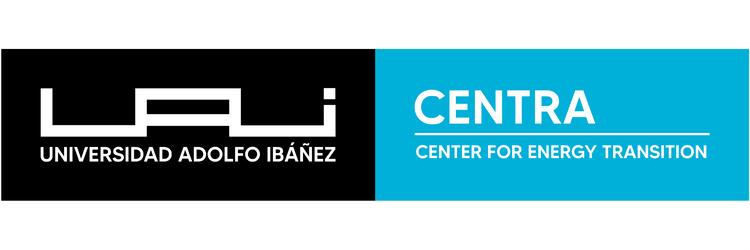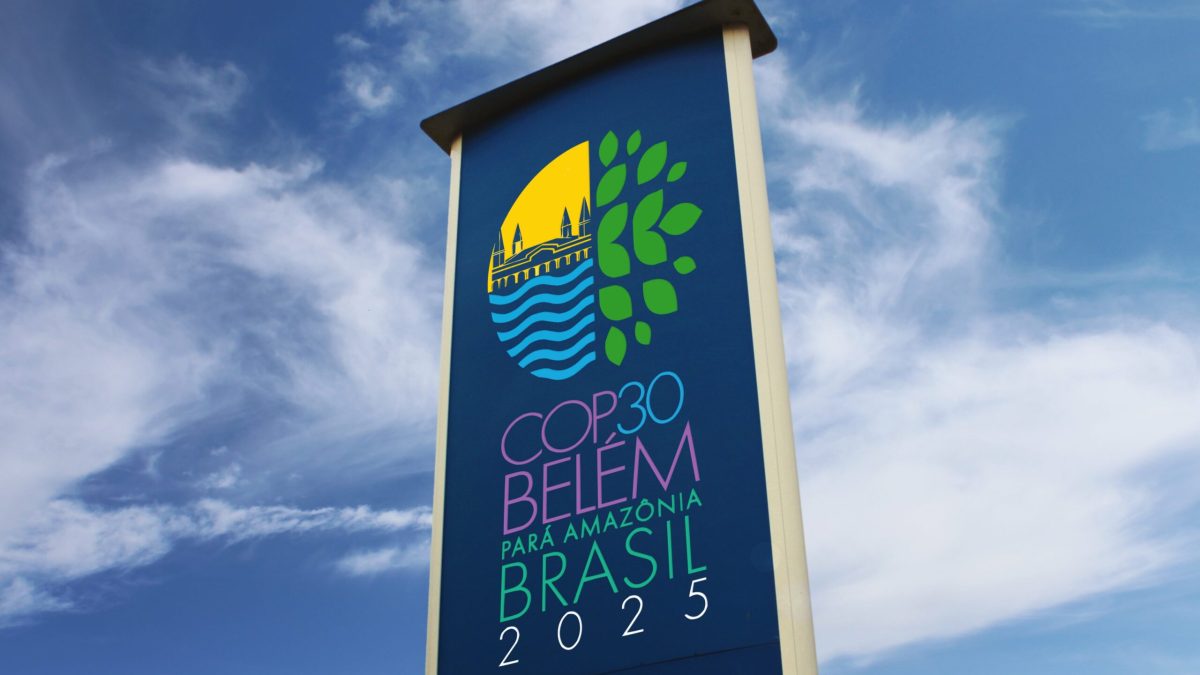The “failure” of COP30: there is a homeland out there.
November 26, 2025
By Claudio Seebach
The recent COP30 in Belém, Brazil, was probably among the climate conferences with the least progress in history, marked by a prior report confirming the impossibility of limiting the increase in global temperature to below 1.5°C above pre-industrial levels, an ambivalence and lack of leadership from the host country, strong pressure from oil-producing nations, and the complete absence of the United States.
Furthermore, it demonstrated once again that the unanimity rule among 195 countries hinders achieving more ambitious progress. Thus, the venue for the negotiations, the Blue Zone, was marked by the inability to agree on a path to abandoning fossil fuels; in fact, the word “fossils” could not even be mentioned in the final declaration, an omission that horrifies and overwhelms many of us.
Despite this setback, Julio Cordano, Director of Environment, Climate Change, and Oceans at the Chilean Ministry of Foreign Affairs, told Paloma Ávila in an interview: “When you move beyond the Blue Zone, there is a sense of national pride, because, as never before, there are increasingly more initiatives from companies and organized civil society that are on the right track. These initiatives are based on science.”
And that “national pride” refers specifically to Chile. The USGS estimated the size of the crude oil market at US$2.9 trillion annually by 2024, more than the combined value of the 10 most valuable metals: gold at US$230 billion, iron at US$180 billion, copper at US$150 billion, aluminum at US$140 billion, or lithium at just over US$20 billion annually. The economic opportunity to replace fossil fuels is enormous, as we transition from a 20th-century energy system based on oil, coal, and natural gas to a 21st-century energy system based on minerals.
Our country has demonstrated that it is possible to lead the development of renewable energy and energy storage thanks to the forces of innovation, the disruptive creation of competitive markets, foreign investment, free trade, the development and attraction of talent, and the long-term predictability and reliability of regulations and contracts, without even requiring public subsidies for clean energy, electromobility, or electric heating and cooling.
To address the climate crisis with the scale and speed required by science, we must boost the production of copper, lithium, and critical minerals, strengthening the principles that have brought us to this point, but accelerating the acquisition of environmental and sectoral permits by orders of magnitude, without lowering standards or compromising the public goods to be protected, promoting a better government, restoring public-private partnerships, and fostering greater trust among the various stakeholders.
Thus, not only will our country be a global example of how to face the climate crisis with better markets, global integration and good governance, but it will also be clean and renewable technologies that will competitively and naturally displace fossil fuels, and perhaps it will end up not mattering that we cannot agree on their end in writing at a COP.

